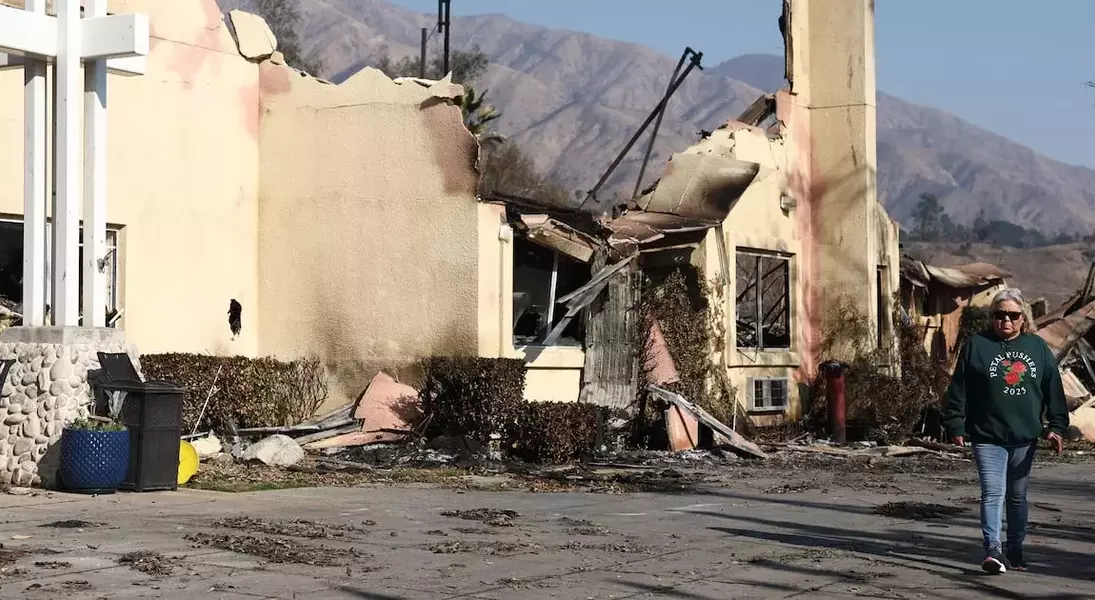
The affluent coastal community of Pacific Palisades, nestled between mountain ranges and ocean shores, has long been a symbol of luxury living. However, this picturesque setting also harbors significant risks. The region's dry vegetation, exacerbated by record-breaking summer heat, creates an environment highly susceptible to wildfires. Compounding these dangers are the seasonal Santa Ana winds, which can rapidly spread flames across the landscape. Many upscale residences are built into hillside locations, often situated on narrow, secluded roads that pose challenges for emergency responders.
In July 2024, State Farm made a drastic decision to revoke 1,600 insurance policies, leaving many residents uncertain about their future. Historically, climate-related disasters have disproportionately affected lower-income areas, but the recent wildfires in Los Angeles have shifted this pattern. Now, even wealthy neighborhoods face unprecedented risks. With approximately 40% of the U.S. population residing in regions vulnerable to climate-induced property damage, traditional insurance models are struggling to cope with systemic risks they cannot absorb. This challenge has given rise to innovative financial instruments like catastrophe bonds, or "cat bonds," designed to manage unmanageable risks.
Catastrophe bonds represent a new frontier in risk management. These speculative financial tools allow insurers to transfer the burden of natural disasters to investors. When a catastrophic event occurs within predefined parameters, bondholders must pay out. If no such event happens, investors receive their initial investment plus interest. Initially developed in response to Hurricane Andrew in the 1990s, cat bonds have since evolved into a global phenomenon. Countries like Jamaica and Mexico have explored using these bonds as a means to secure financial protection against climate events. However, the effectiveness of these bonds is questionable, especially in developing nations where meteorological data may not align with actual damage.
Despite their potential, catastrophe bonds raise ethical concerns. They transform shared environmental crises into profitable bets, often placing the most vulnerable communities at greater risk. In a world increasingly shaped by climate change, it is crucial to question whether market mechanisms are the best approach to addressing collective challenges. Instead of perpetuating disaster capitalism, we should focus on creating resilient systems that prioritize human well-being over profit. By fostering solidarity and equitable solutions, we can build a future where everyone is better prepared to face the inevitable uncertainties of our changing planet.
